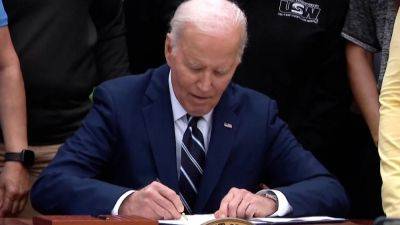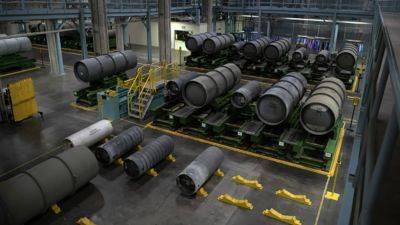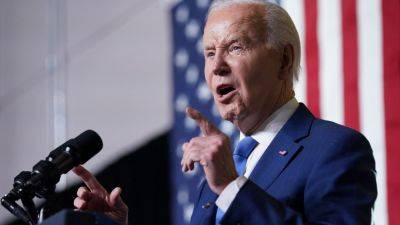Biden places politics over strategy in US Steel sale
Eight years ago, then-president Barack Obama made a decision that has undermined US standing and influence in the Indo-Pacific to this day.
Obama let political calculations trump strategic concerns as he contemplated – and eventually decided against – ratification of the Trans-Pacific Partnership (TPP, now called the Comprehensive and Progressive Agreement on Trans-Pacific Partnership or CPTPP).
Joe Biden is making the same mistake as he weighs approval of Japan’s Nippon Steel’s purchase of US Steel.
Ostensibly concerned about national security, while in fact weighing the impact on political support in battleground states in an election year, Biden has announced his opposition to the sale.
It’s a short-sighted decision that threatens long-term US national interests, antagonizes a key ally, undercuts a cornerstone of international economic policy and greenlights protectionism by trading partners.
Nippon Steel announced last December that it would purchase US Steel, an iconic company that was struggling to survive, for US$14.9 billion.
Worried about pushback from steelworkers who feared layoffs and economic nationalists who oppose any sale of US companies, Nippon Steel promised to keep the company name and its headquarters in Pittsburgh, pledged that there would be no job cuts and that it would help the company “grow in the United States.”
The US first said that the deal would be reviewed by the Committee for Foreign Investment in the United States (CFIUS), without indicating how that review should conclude. Some considered the CFIUS review a way to get the deal through without dirtying the Biden administration’s fingers.
Biden then seemed to come out against the purchase by insisting that it was “vital” that the







